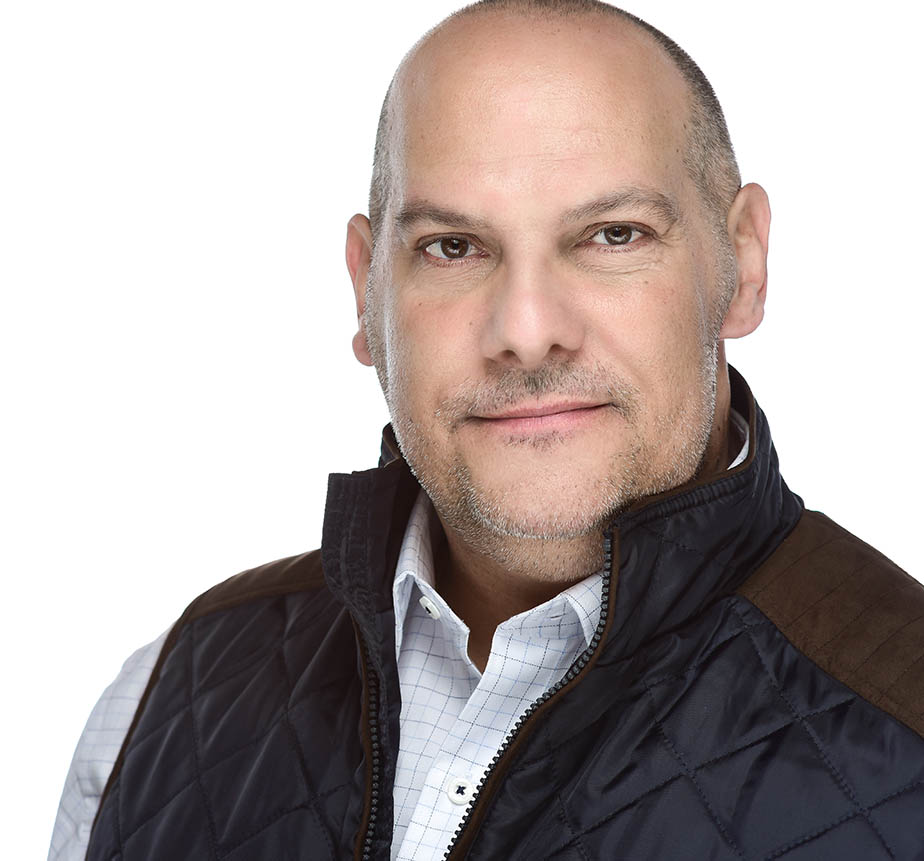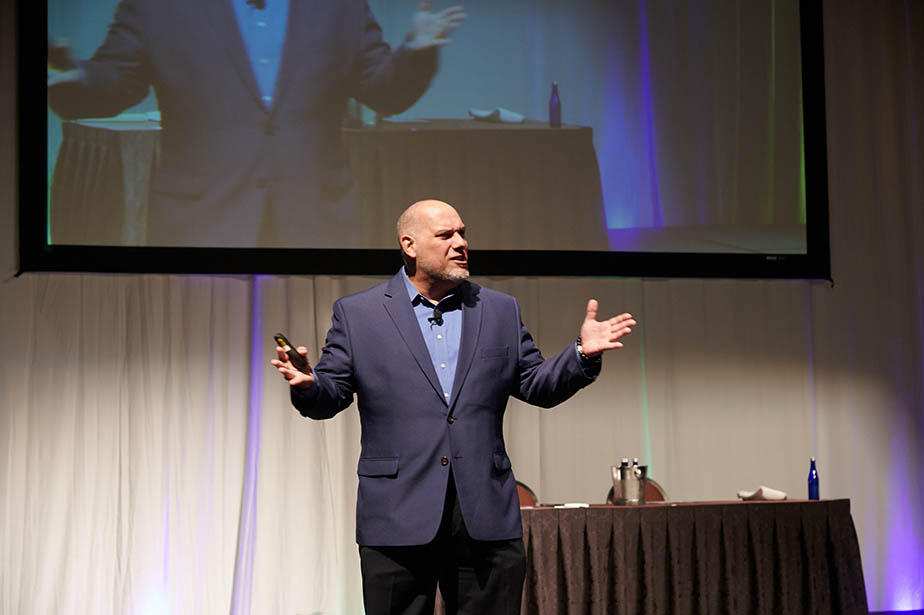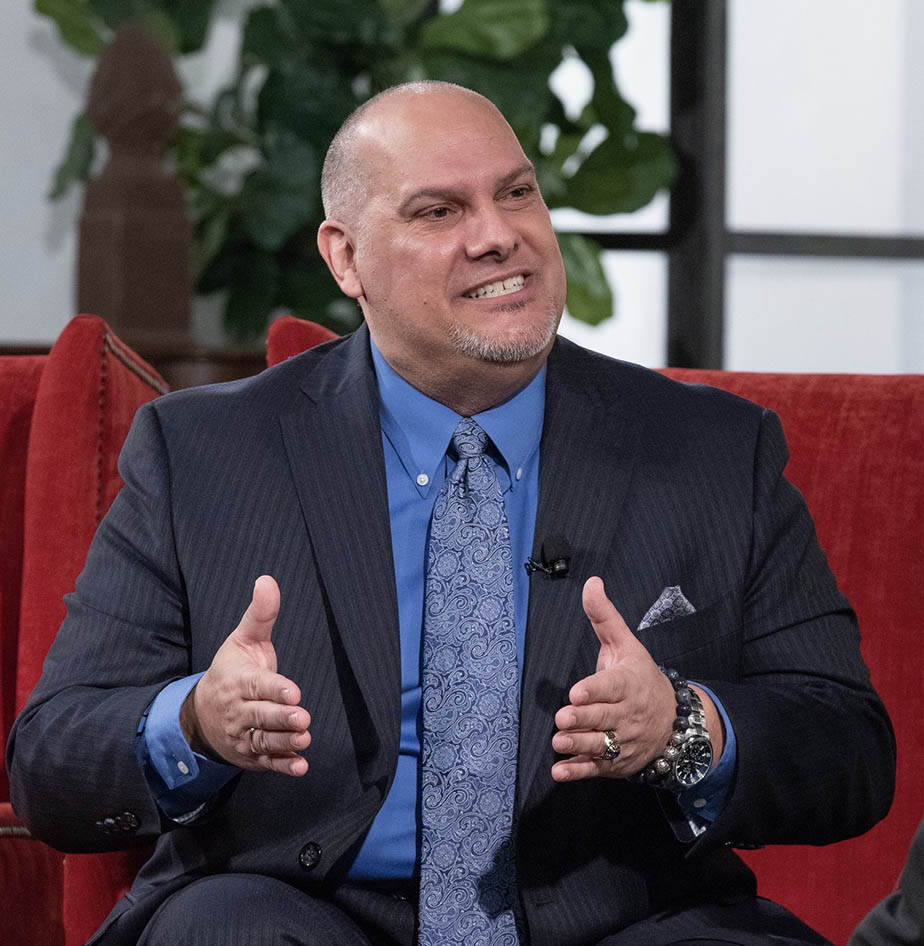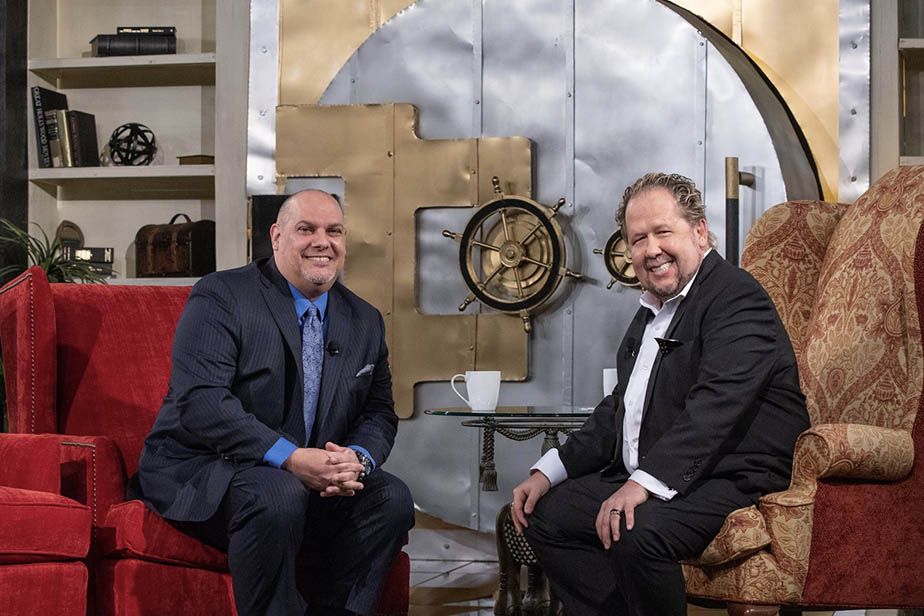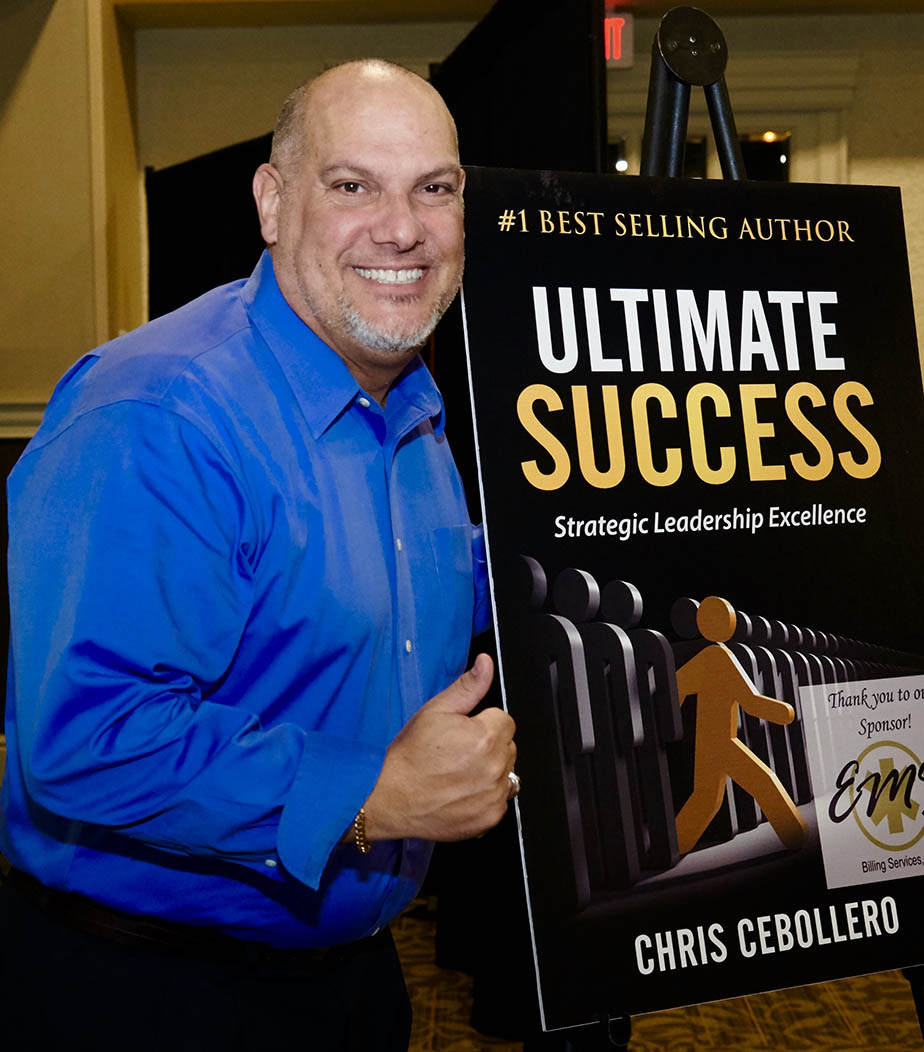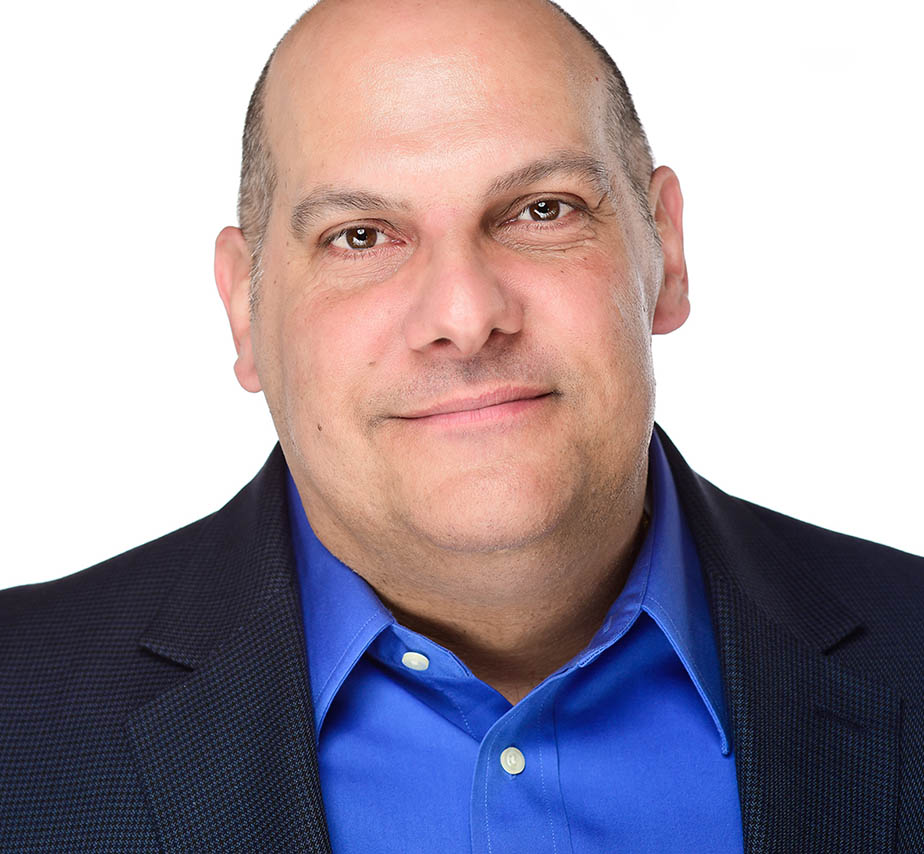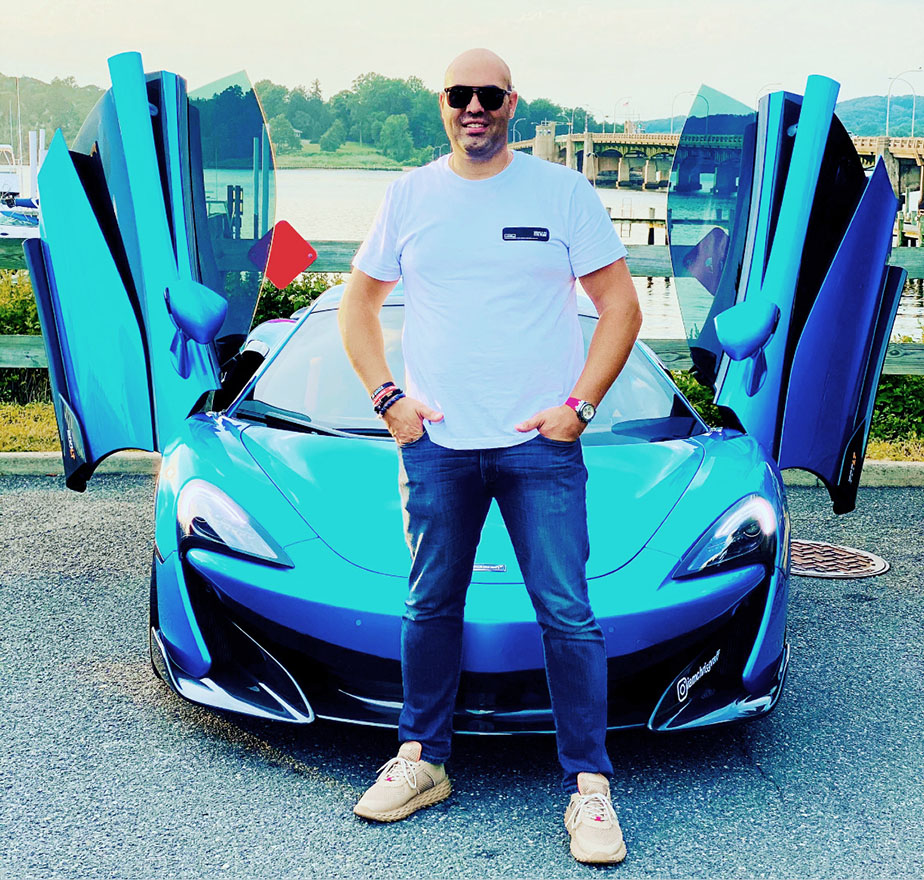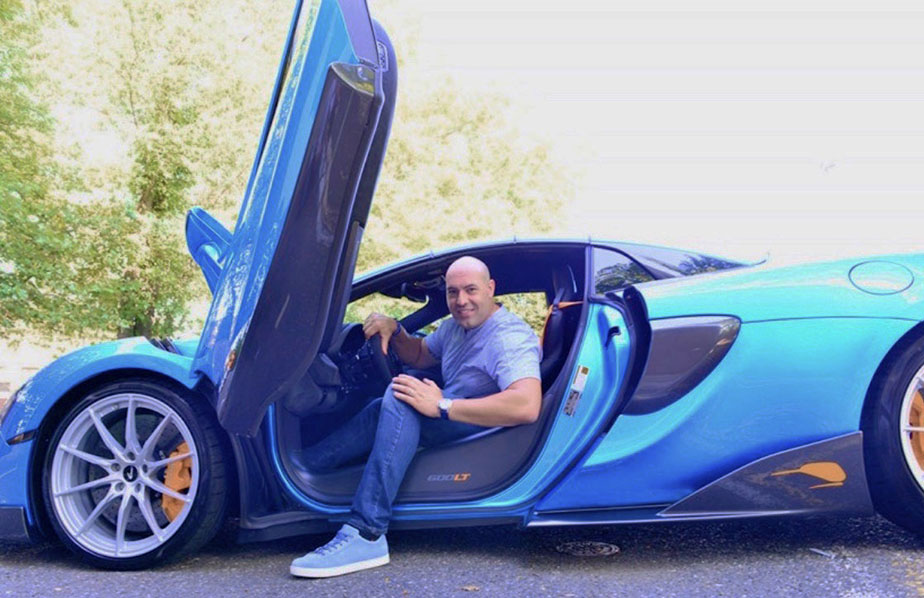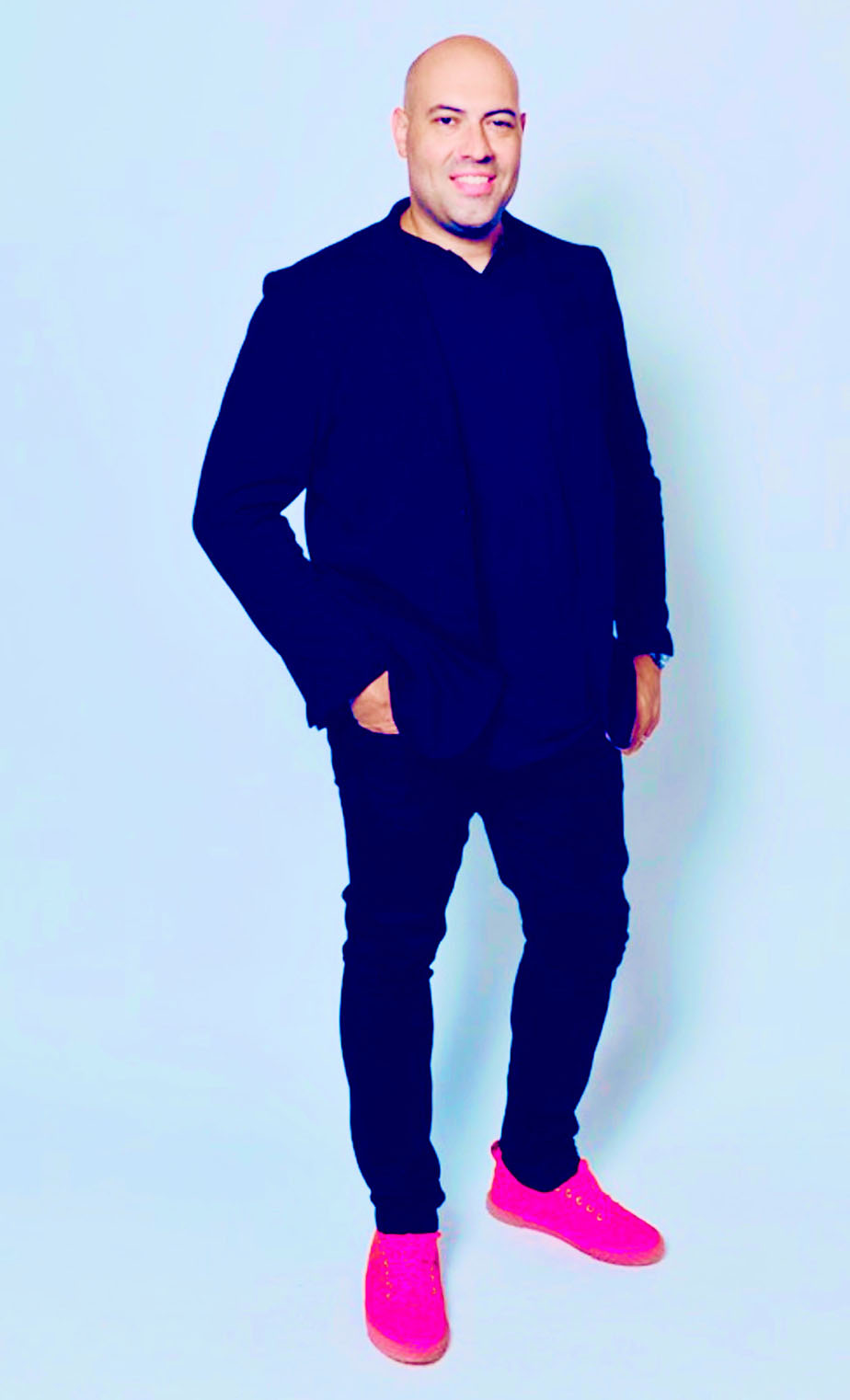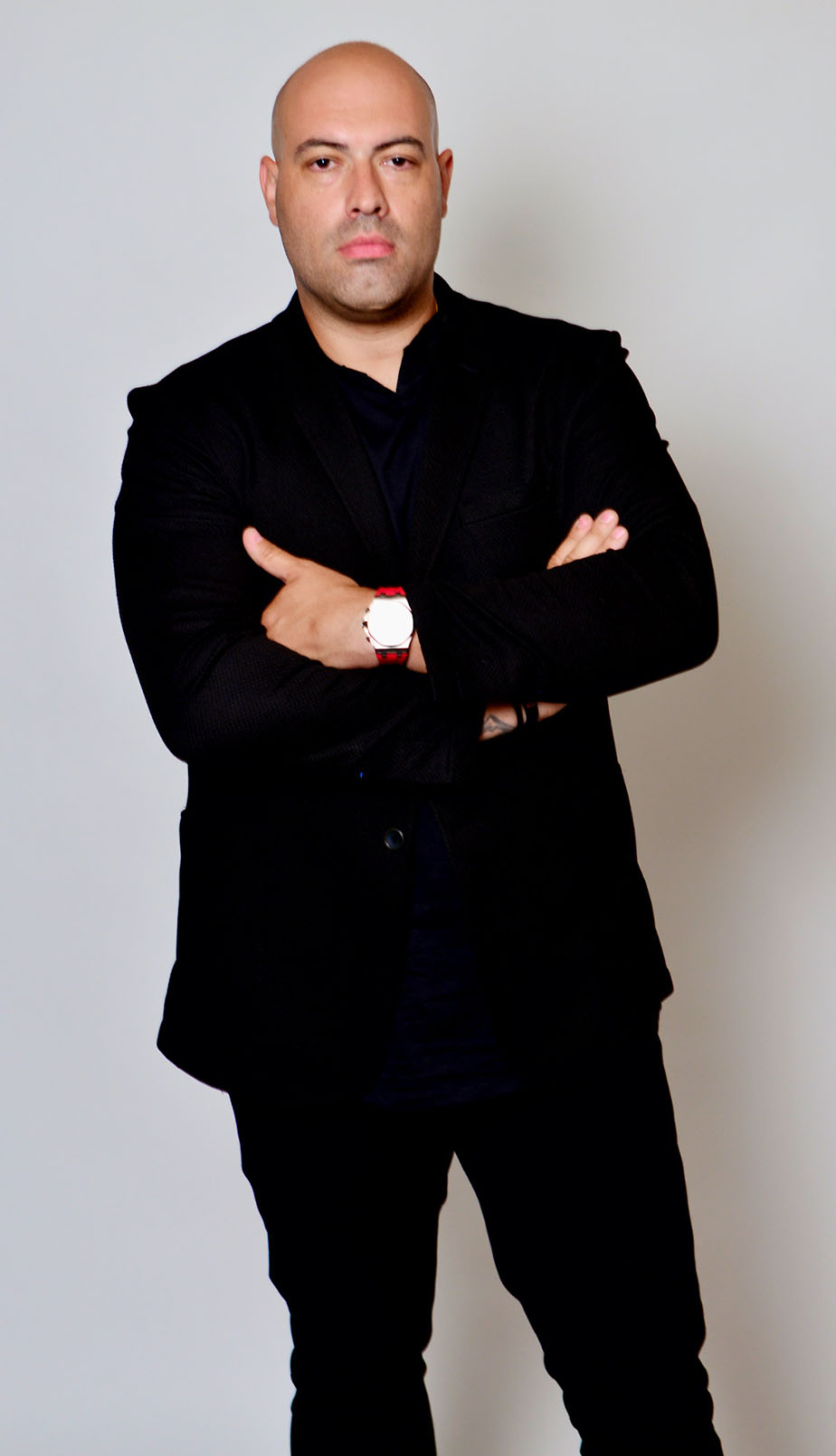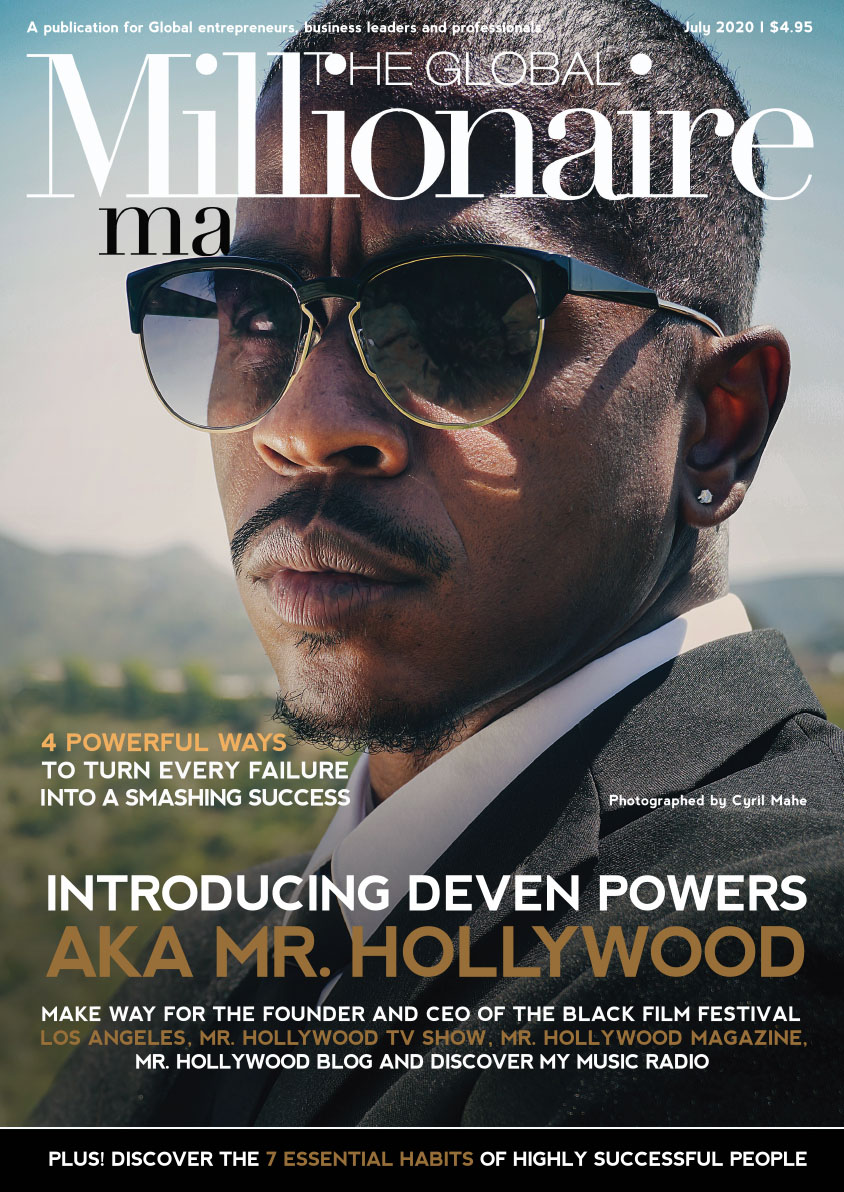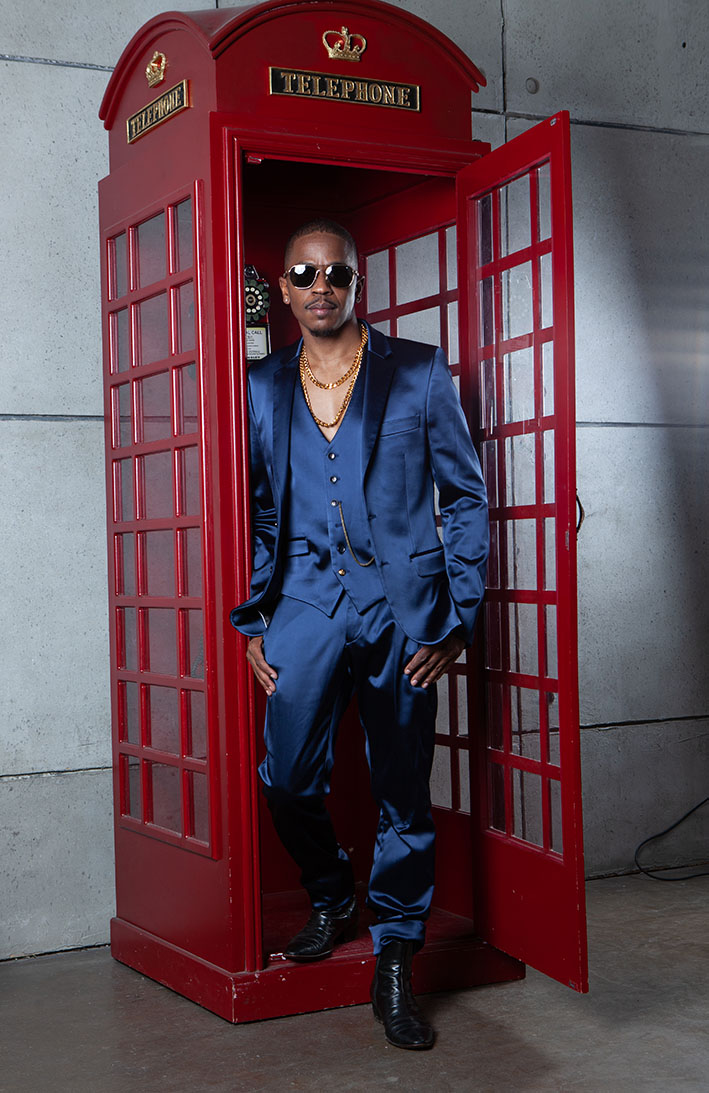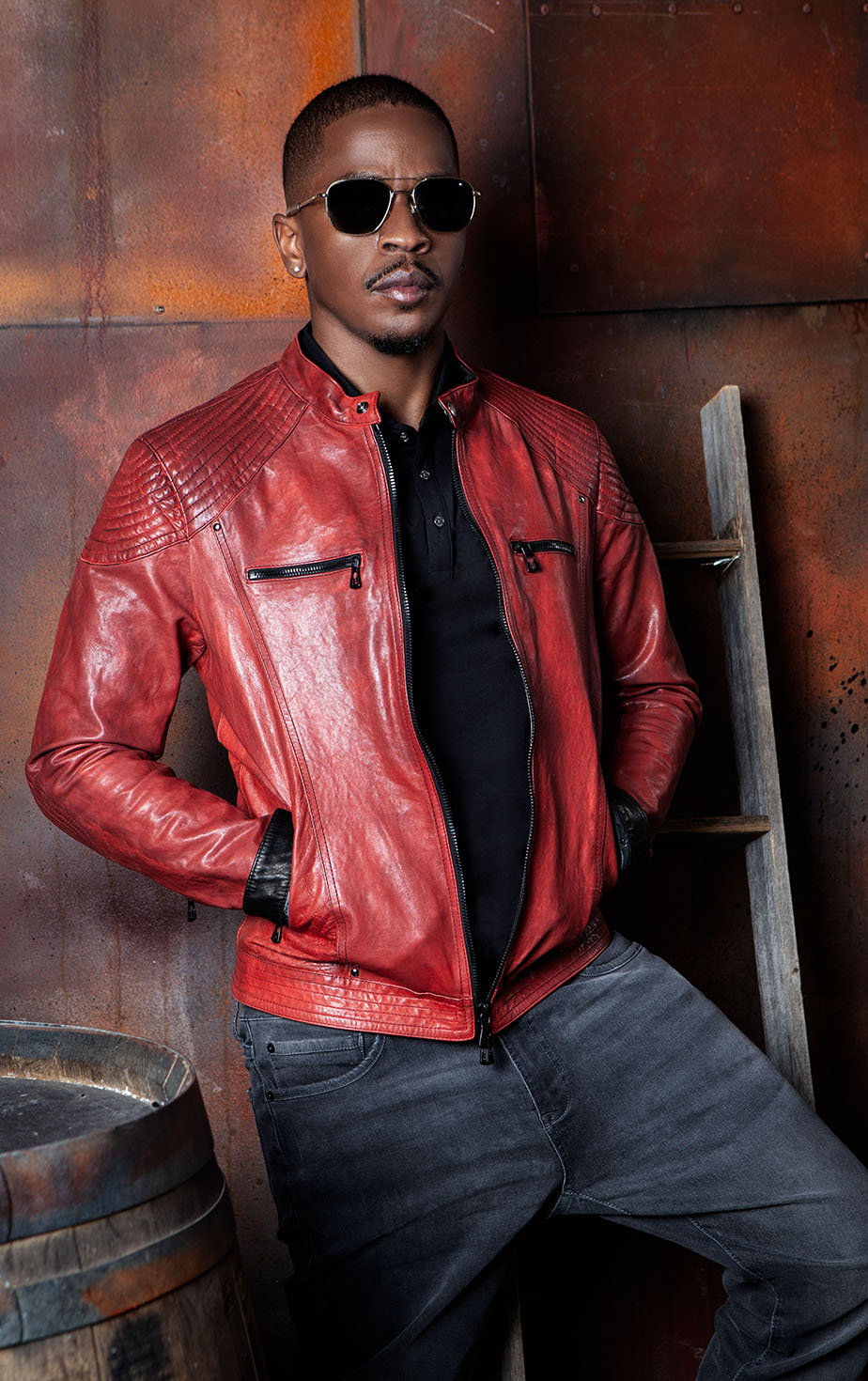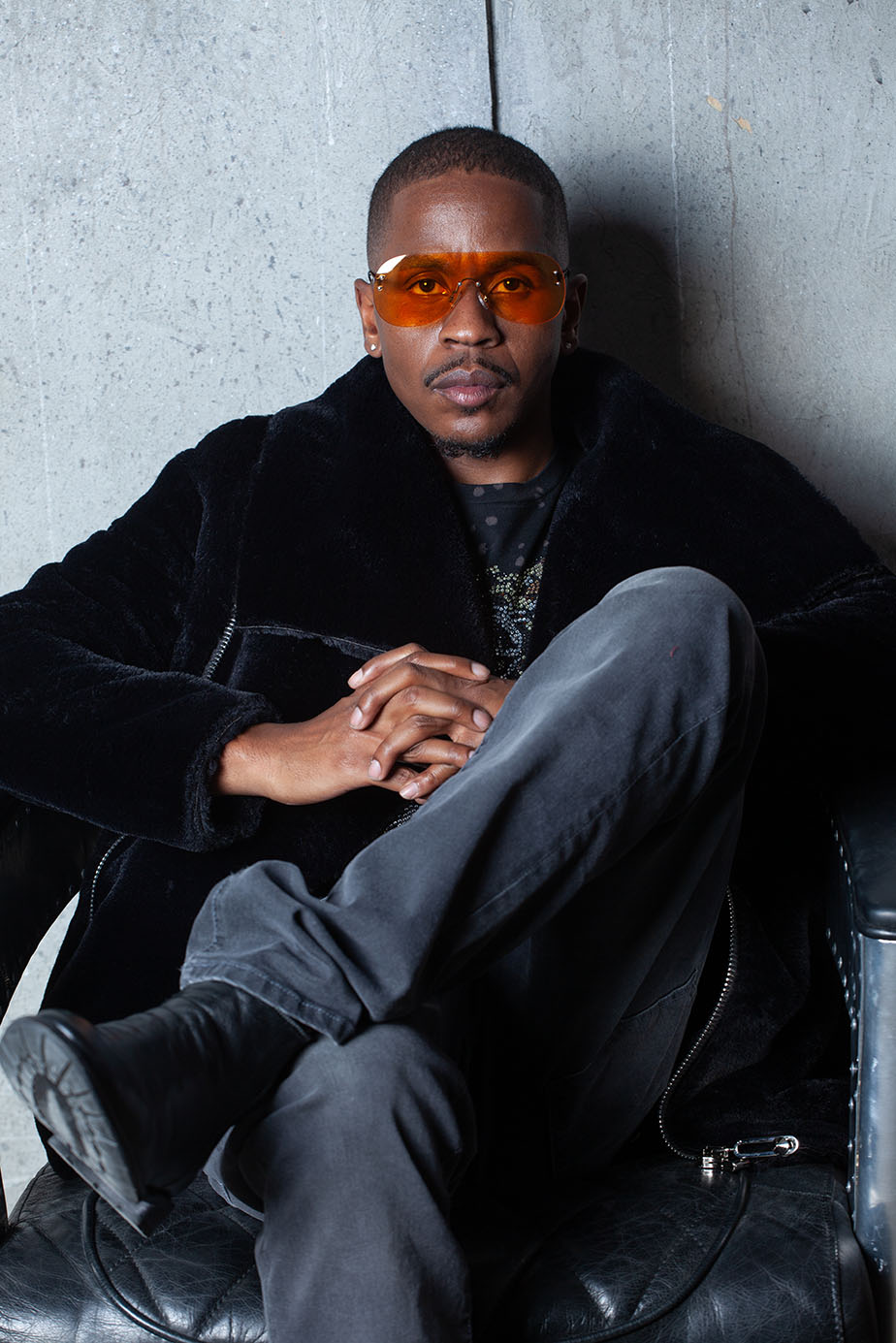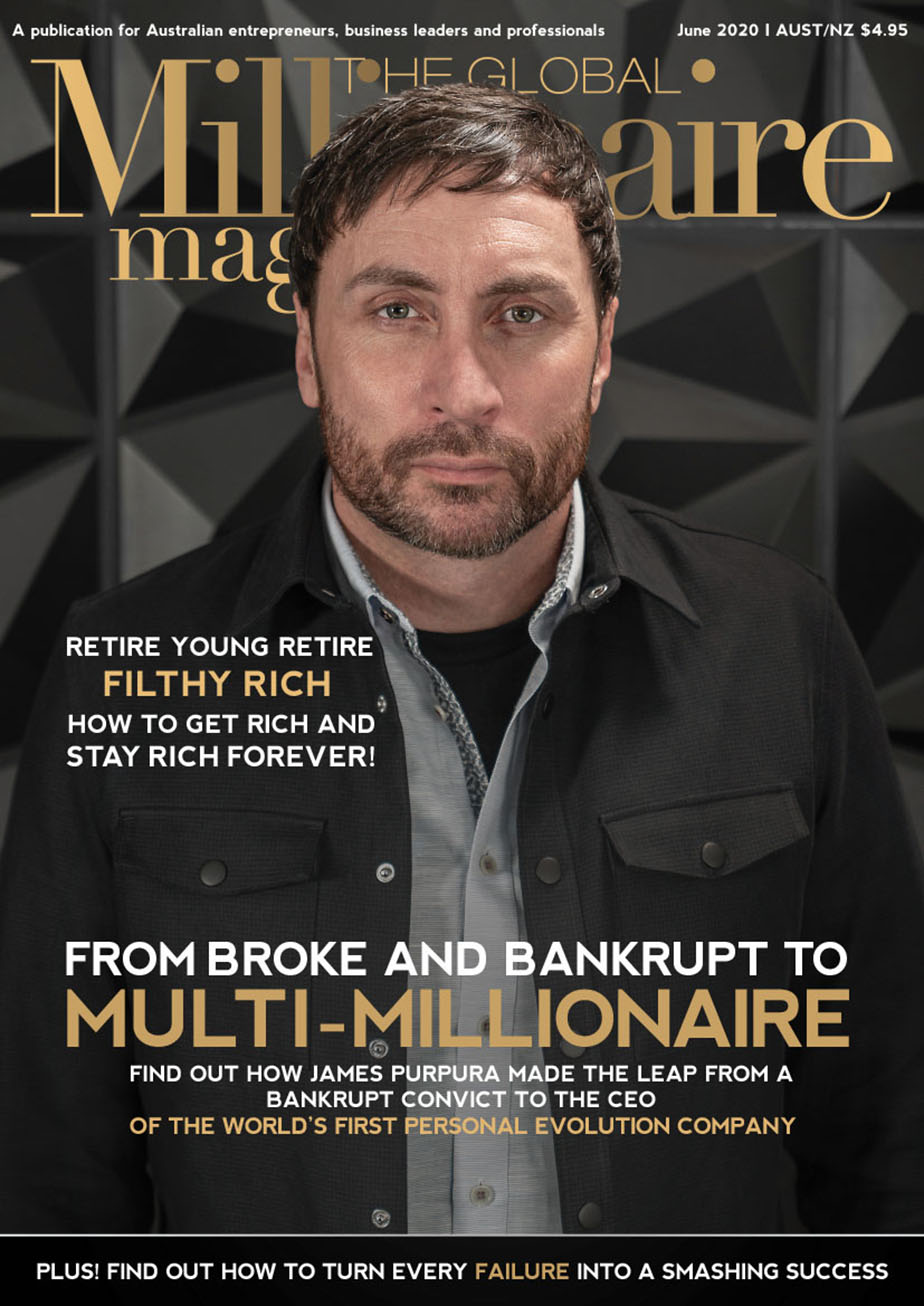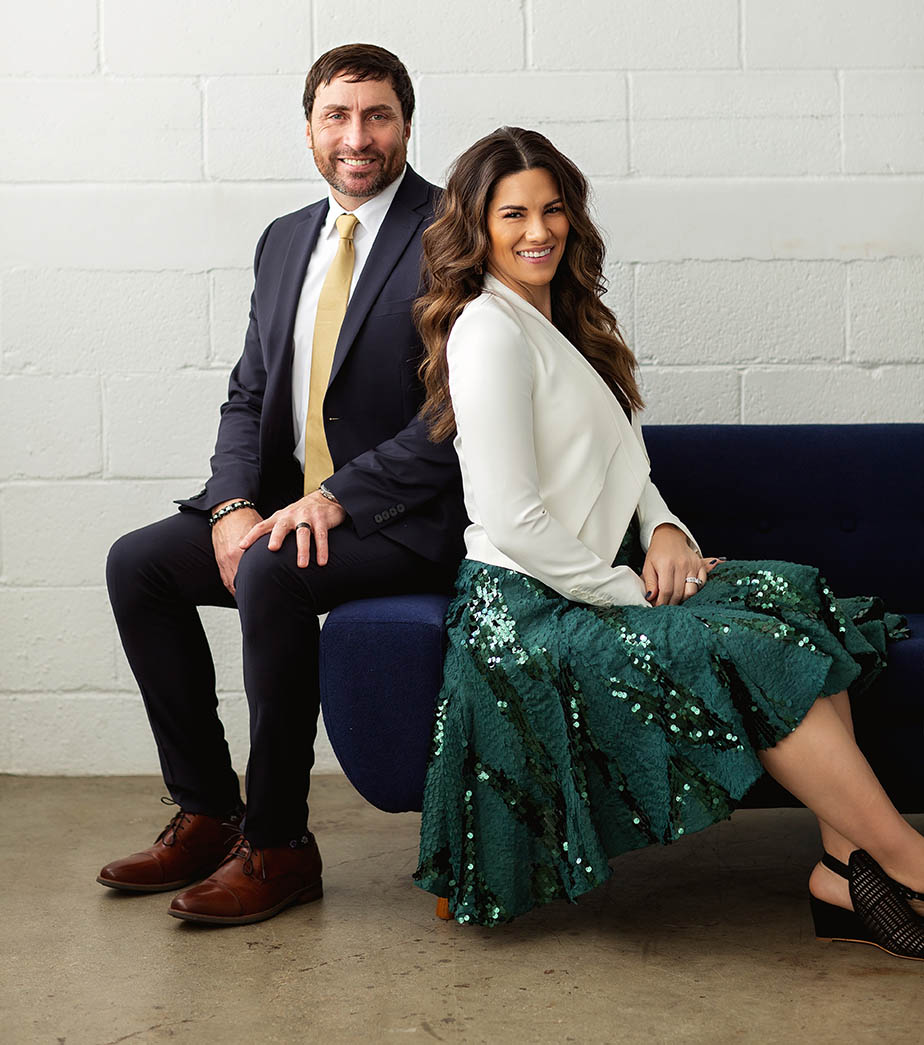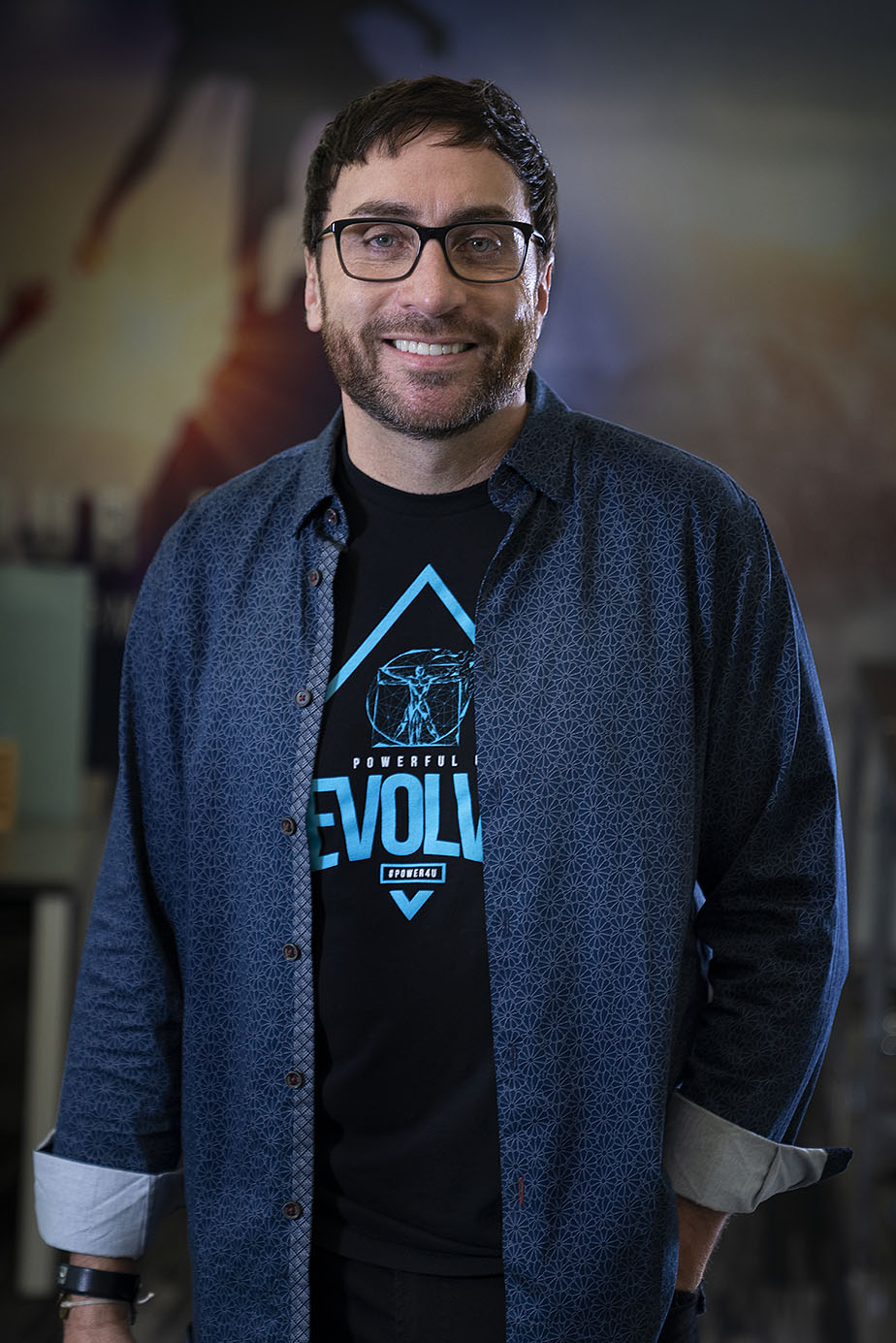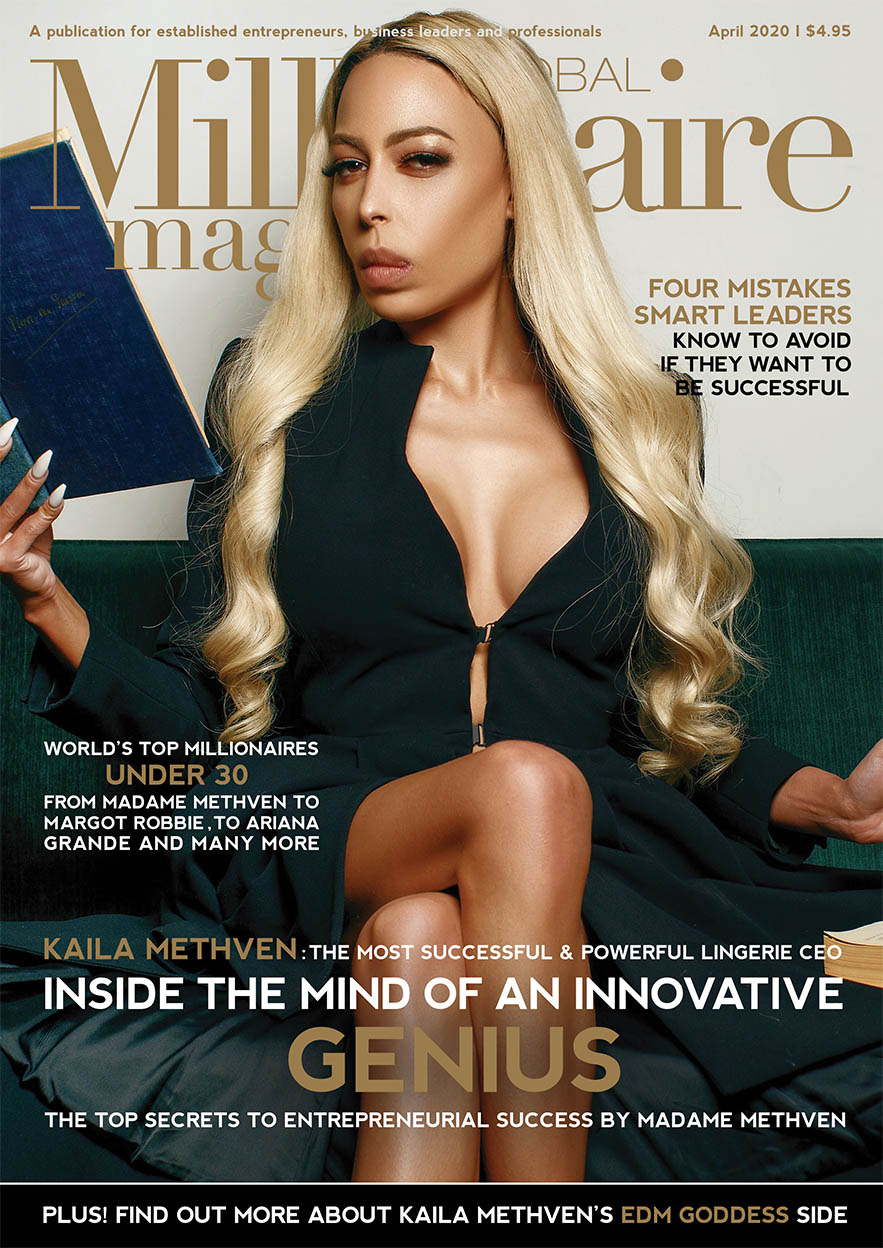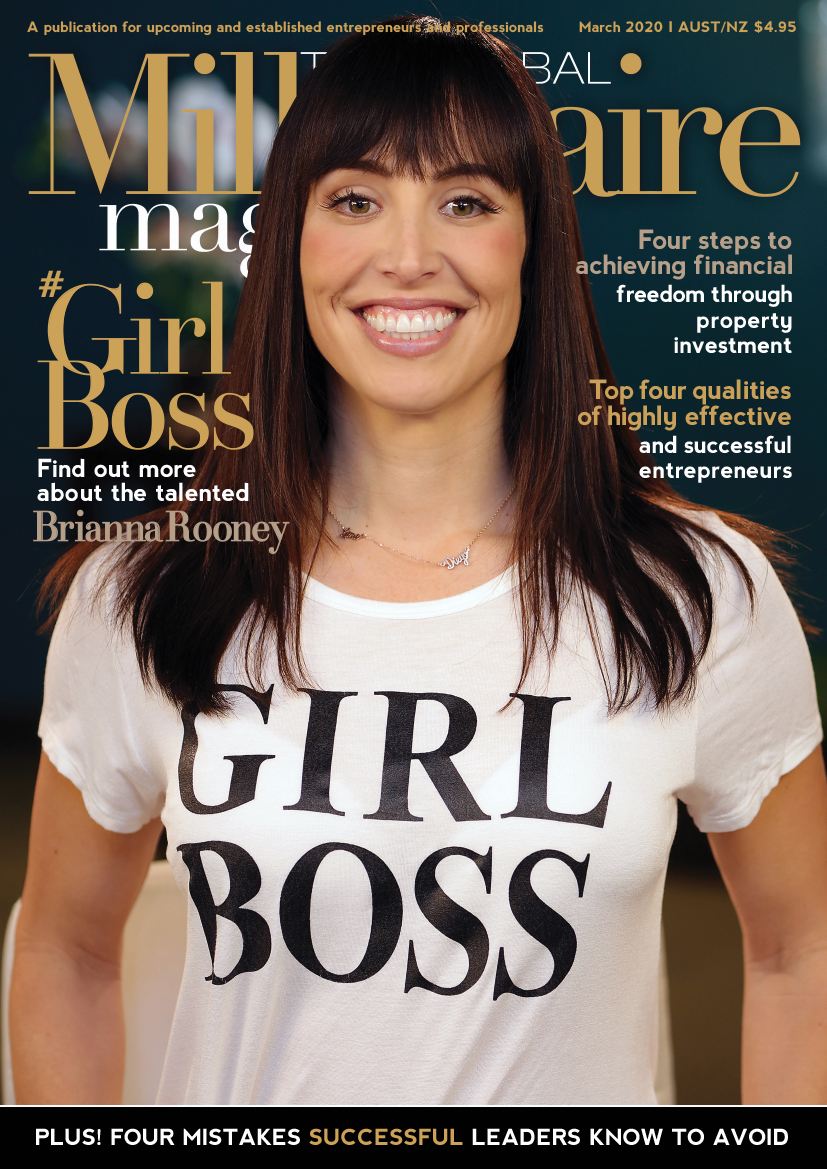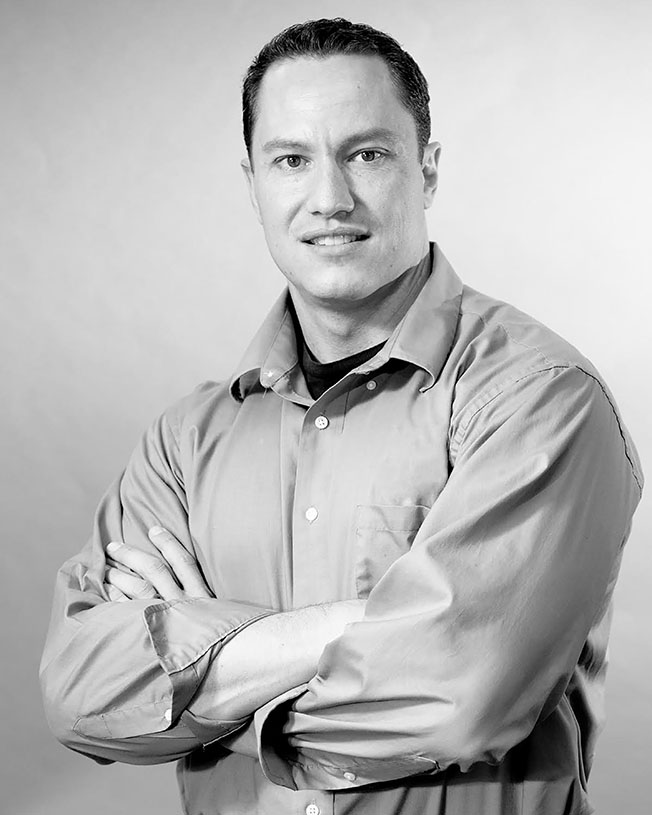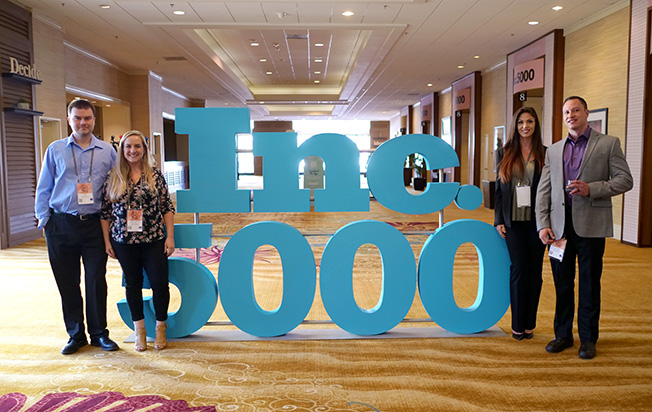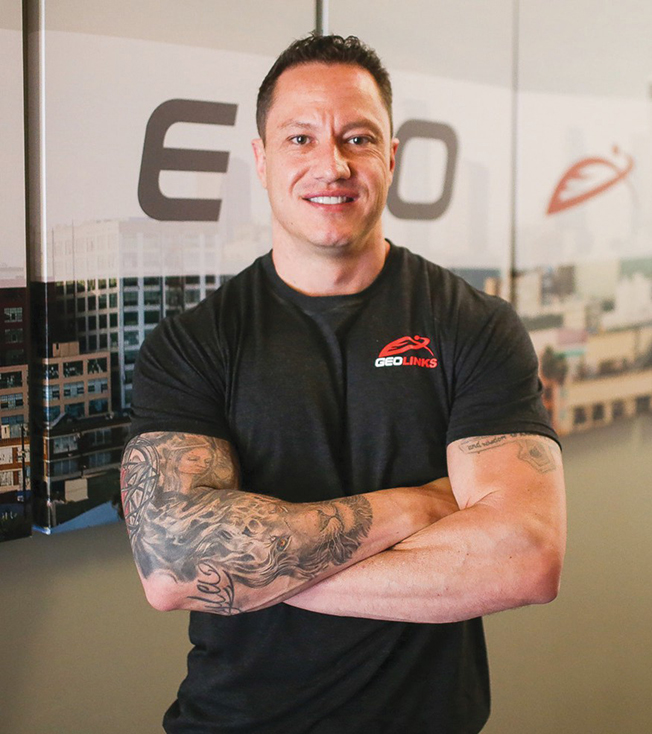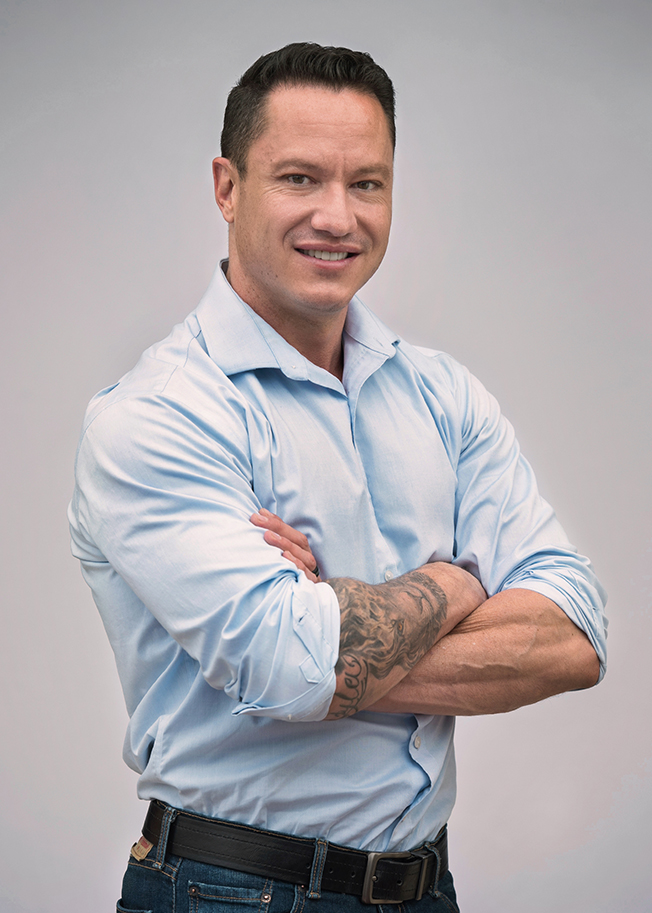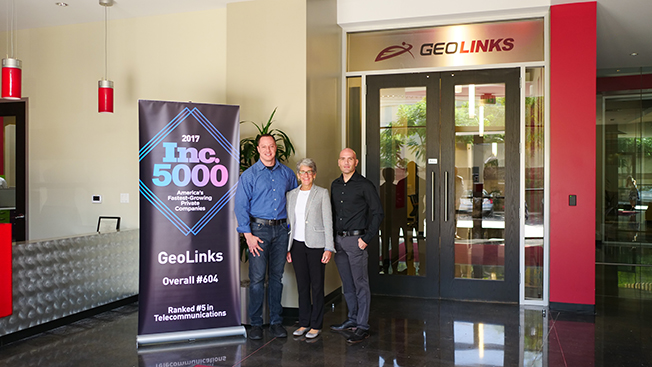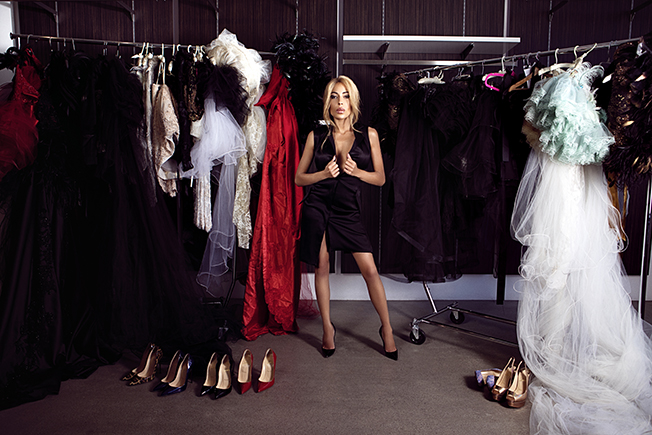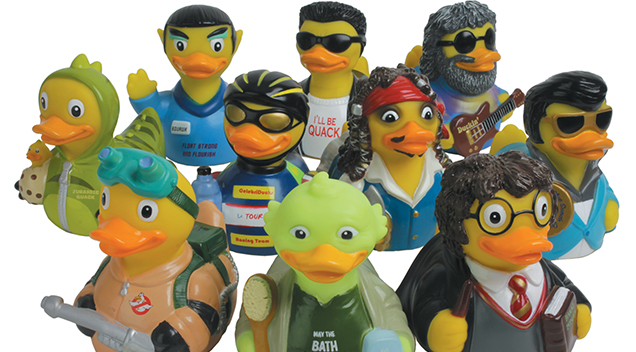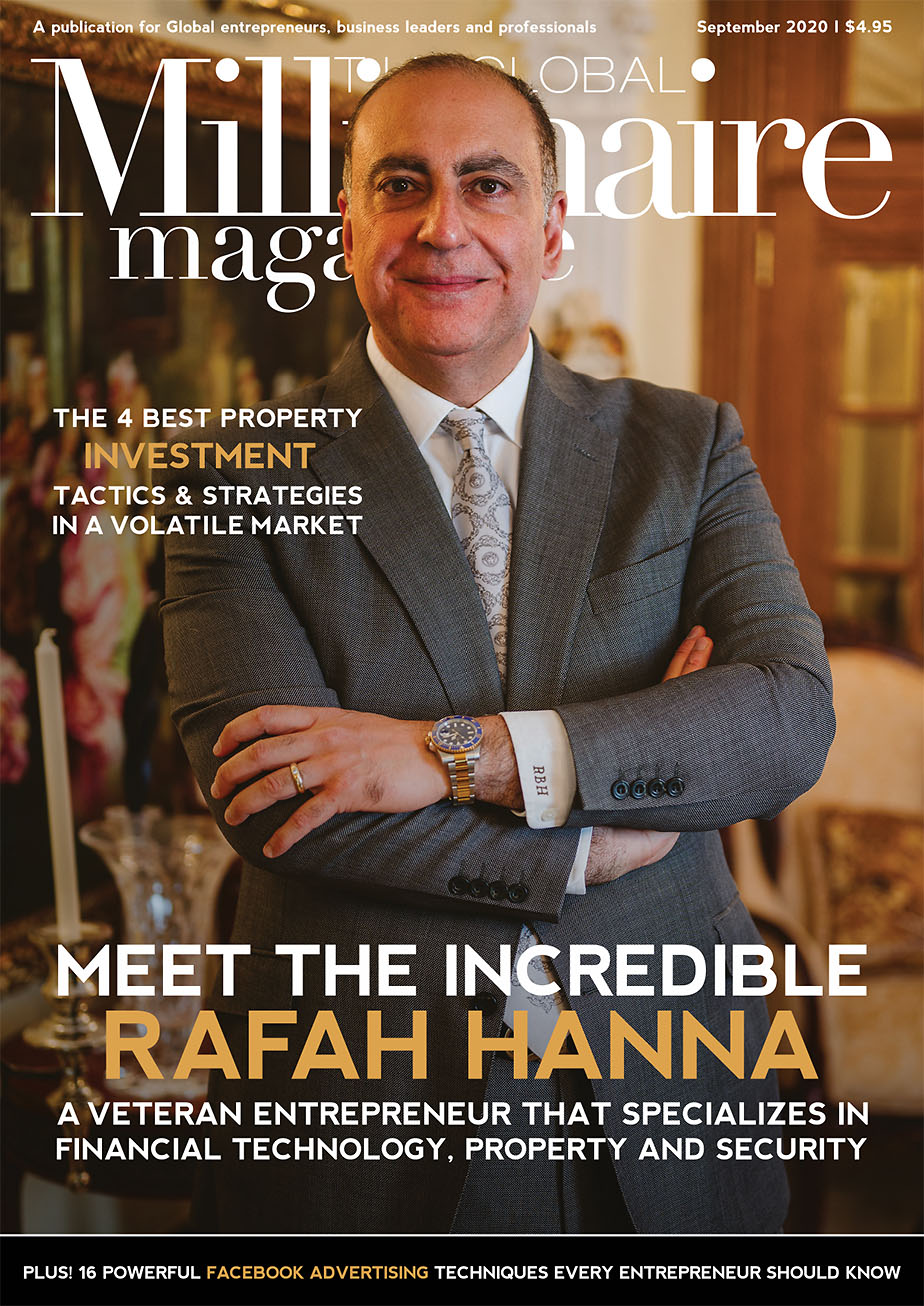
A veteran entrepreneur, Rafah Hanna specializes in financial technology, property, and security. He has built a career creating locally and globally diverse group of businesses that creates solutions focusing on three core values: sustainability, quality, and innovation. Having built, run, and managed financial technology and information businesses with the likes of the London Stock Exchange Group, the New York Stock Exchange, Euronext, and Deloitte, Hanna has built a strong reputation for delivery, execution, and market knowledge, creating an extensive network of contacts across various financial and data industries. He also owns a highly respected property investment company called NED Capital as well as a security company called Abchurch Group – a company that provides a global response to local and international clients’ needs in the fields of security, risk assessment, special equipment procurement, and specialist training.
Born in Iraq to a Catholic family with Chaldean roots that speaks Aramaic (the language of Jesus Christ), he views his parents as visionaries. After his parents saw the tide changing in the Middle East, they decided to come to London in the 70s to invest, contribute to the community, and build a powerful legacy. He was educated in Switzerland and the UK which gave him the skills and knowledge that enabled him to kickstart all of his businesses.
Fast forward to today and Rafah is now a successful entrepreneur with several businesses under his belt. Hanna has founded companies such as NED Capital and the Abchurch Group and his data consulting arm now serves a global client base as it continues to grow exponentially. Their clients include banks, brokers, regulators, stock exchanges, and the biggest financial website in the world.
His property investment company, NED Capital, is a unique, non-leveraged property investment company based in London that is entirely self-funded. It’s currently building a grade-one portfolio of exclusive residential and commercial assets in the UK. The goal of this company is to continue to grow their grade-one portfolio of investments via their intricate knowledge of the UK property market and unique sales approach, utilizing their fully staffed in-house team of skilled contractors, leading to becoming a publicly quoted company. His security company Abchurch Group, on the other hand, has helped to significantly reduce maritime piracy in the past four years using their specialist maritime protection team and sought after proprietary patented technology.
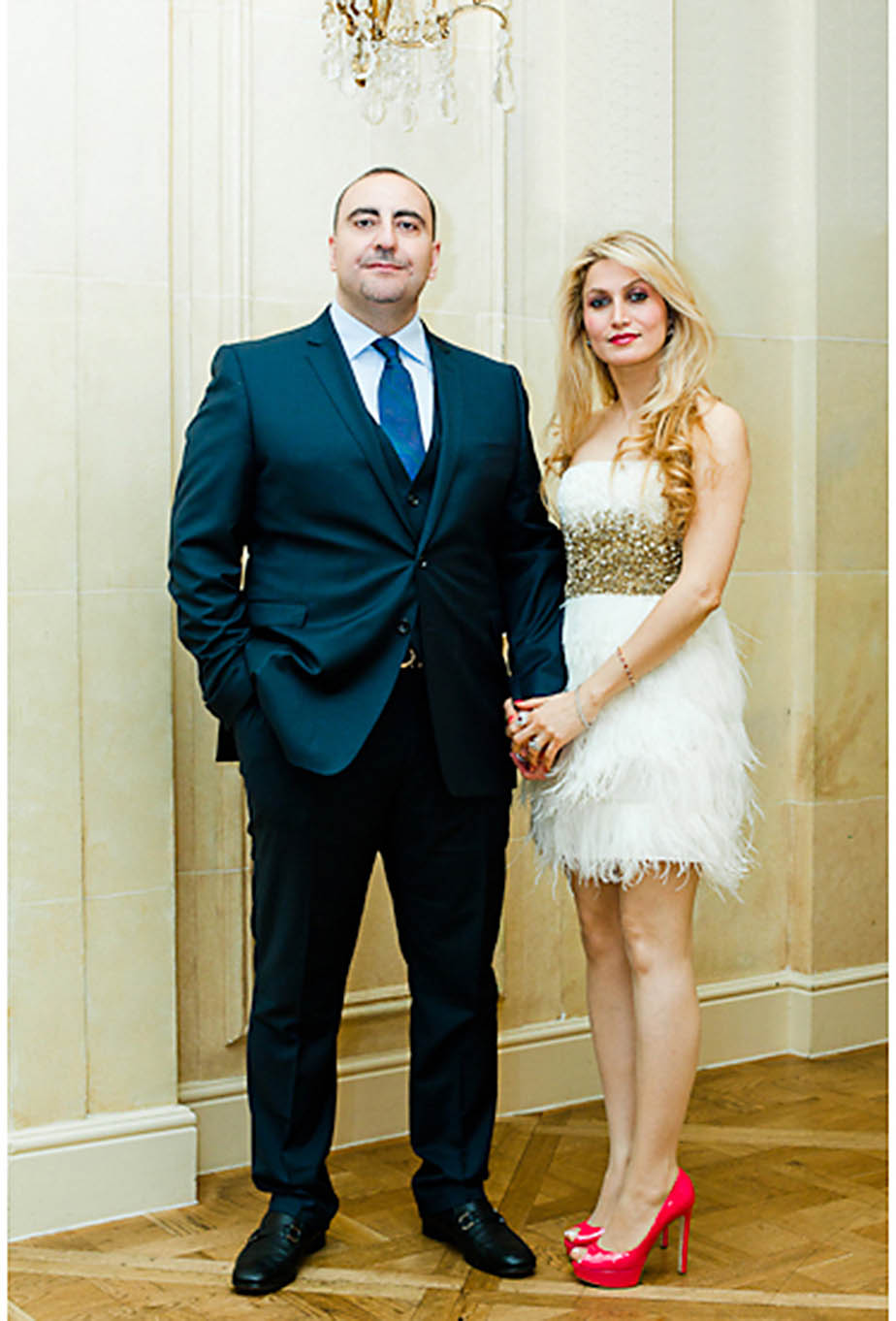
Incidentally, Hanna’s wife, Dr. Mahtab Hanna, is a successful entrepreneur herself hence the reason why Rafah and his wife are so compatible together. She has built, run, and managed her jewellery business for over 10 years. Her creations have appeared in numerous films and worn by various celebrities and even royalty. With her extensive qualifications (an MA from the Royal College of Art and a Ph.D. from Central Saint Martins) and a unique design approach, she has built a worldwide reputation as a jeweller of conscience.
The Global Millionaire magazine recently caught up with Rafah to discuss his journey to entrepreneurship and here’s what went down:
What are you currently doing to maintain/grow your business?
The business world is not run on “basics” anymore. It is all about innovation, evolution, and revolution.
I am spending time, effort, and money on highly specific marketing campaigns to engage prospects with the message that our trustworthy brands continue to lead their respective markets. We maintain our relevance and criticality in decision-making options and ensure that our quality shines through, not only in delivery, but in every email, video conference, and follow-up.
We have also taken a unique approach to delivery by slashing project times, as we look to act ever more in the best interests of clients. The faster we can deliver without losing any of our guaranteed quality, the sooner our clients realise the benefits of our services.
Two other practices remain vital: one, only hiring the best of the best, and two, even though the businesses are market leaders, acting like a hungry, prudent, and wise start-up.
What social media platforms do you usually use to increase your brand’s awareness?
Each business is unique and therefore needs thorough research and a detailed plan of action. I always correspond the marketing plans to a cycle of client behaviour, the cyclical nature of each business, discrete events, and budgetary matters.
The nature of my businesses does not depend on or utilise the power of social media. My focus has always been on growing businesses rather than engaging in social media.
Today, social media is an important and ever-growing tool in my companies’ brand awareness strategies.
For example, Instagram is driven by stunning visualisations and presentation and is, therefore, most suitable for businesses such as @mahtabhanna jewellery designs and collections.
LinkedIn serves to inform, educate, and engage, but it requires a more medium-term strategy rather than a short-term one.
YouTube is the perfect platform to provide a more in-depth story about a concept or business.
It is important for readers to understand that all these avenues need careful planning. Have a clear objective in mind and allow room for fine-tuning. Do not rush in and make the fatal mistake so many have made; namely, thinking that simply being “on” a platform guarantees success—the opposite is true.
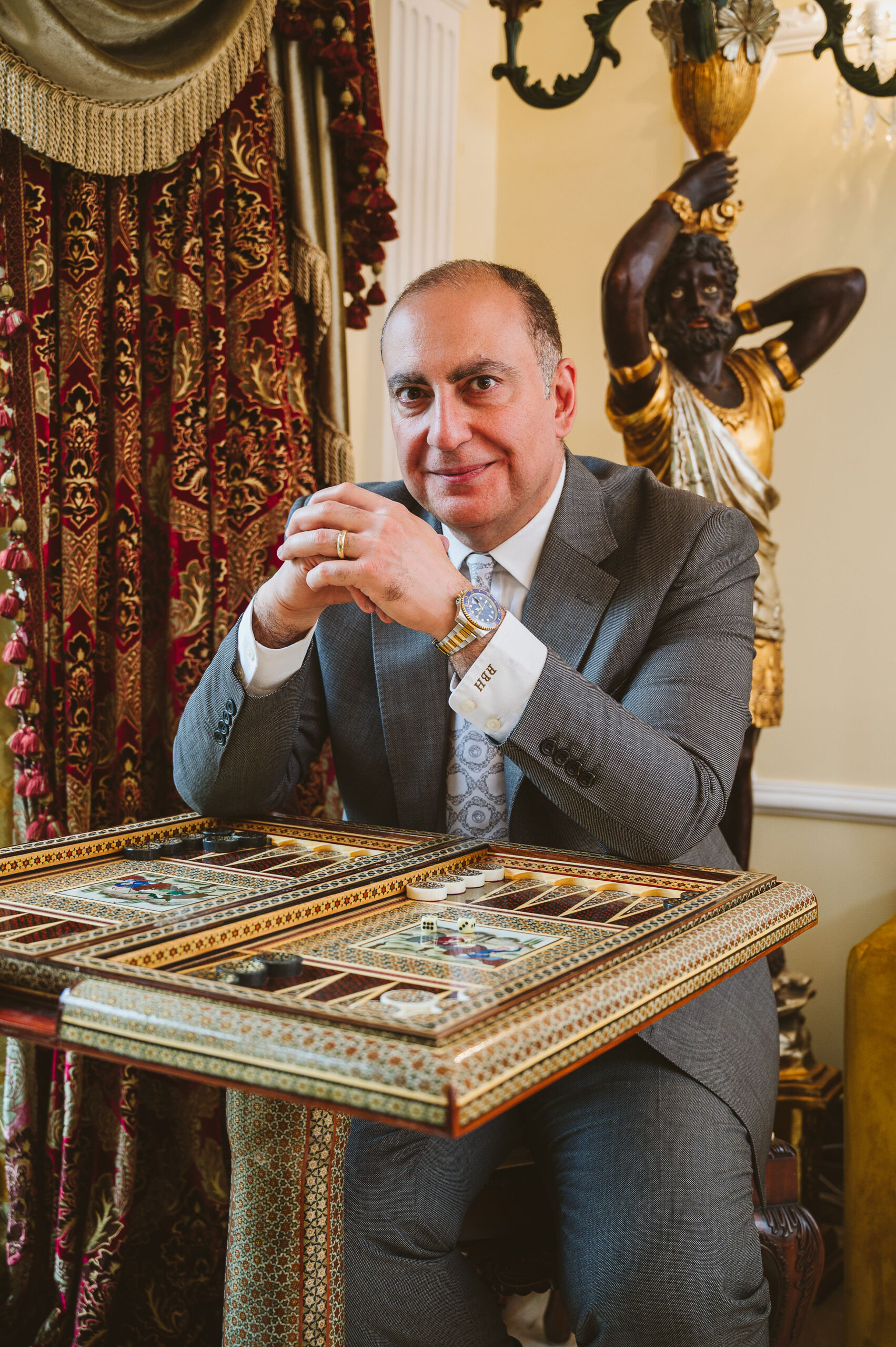
What is your experience with paid advertising, like PPC or sponsored content campaigns? Does it work?
Paid advertising is growing and will only continue to do so.
I passionately believe that one of the best ways to create a market and opportunity is to educate, inform, and offer products and services that would not otherwise be marketed in a traditional way.
Sponsored marketing works! The evidence on social media platforms like Instagram, Facebook, YouTube, and LinkedIn all support this assertion. These companies have grown to be some of the largest on the planet, and their revenues testify to it.
But we need to remember that their revenues are only part of the story. Paid advertising drives whole industries, fosters innovation, creates a better deal for consumers, provides massive tax income, and generates enormous employment opportunities.
What is your main tactic when it comes to making more people aware of your brand and engaging your customers? How did your business stand out?
The core tactic is to NEVER lead clients but to always be on their shoulders, taking the same journey, developing what they need in real-time, fine-tuning, and evolving.
Another primary tactic is always to deliver quality. Delivering anything less is an offense to the client, to you, your brand, your name, and those that work with and for you.
Brand awareness has changed; we use a myriad of tactics to stand out:
• Be first to deliver and announce innovation; remain relevant and borderless.
• Invert traditional marketing strategy by ensuring that every briefing contains in-depth details regarding competitor offerings – market intelligence is the antithesis of marketing.
• Utilise current affairs to progress the story.
• Utilise known figures in the industry to win, gain credibility with, and retain clients by association.
• Inform clients of changes that benefit them and illustrate the differences between the previous and the new.
• Maintain the very highest levels of investment in staff quality and ongoing training.
• Make staff the cornerstone of innovation – offer incentives to develop new products, processes, and services and reward them for trying, even if it fails.
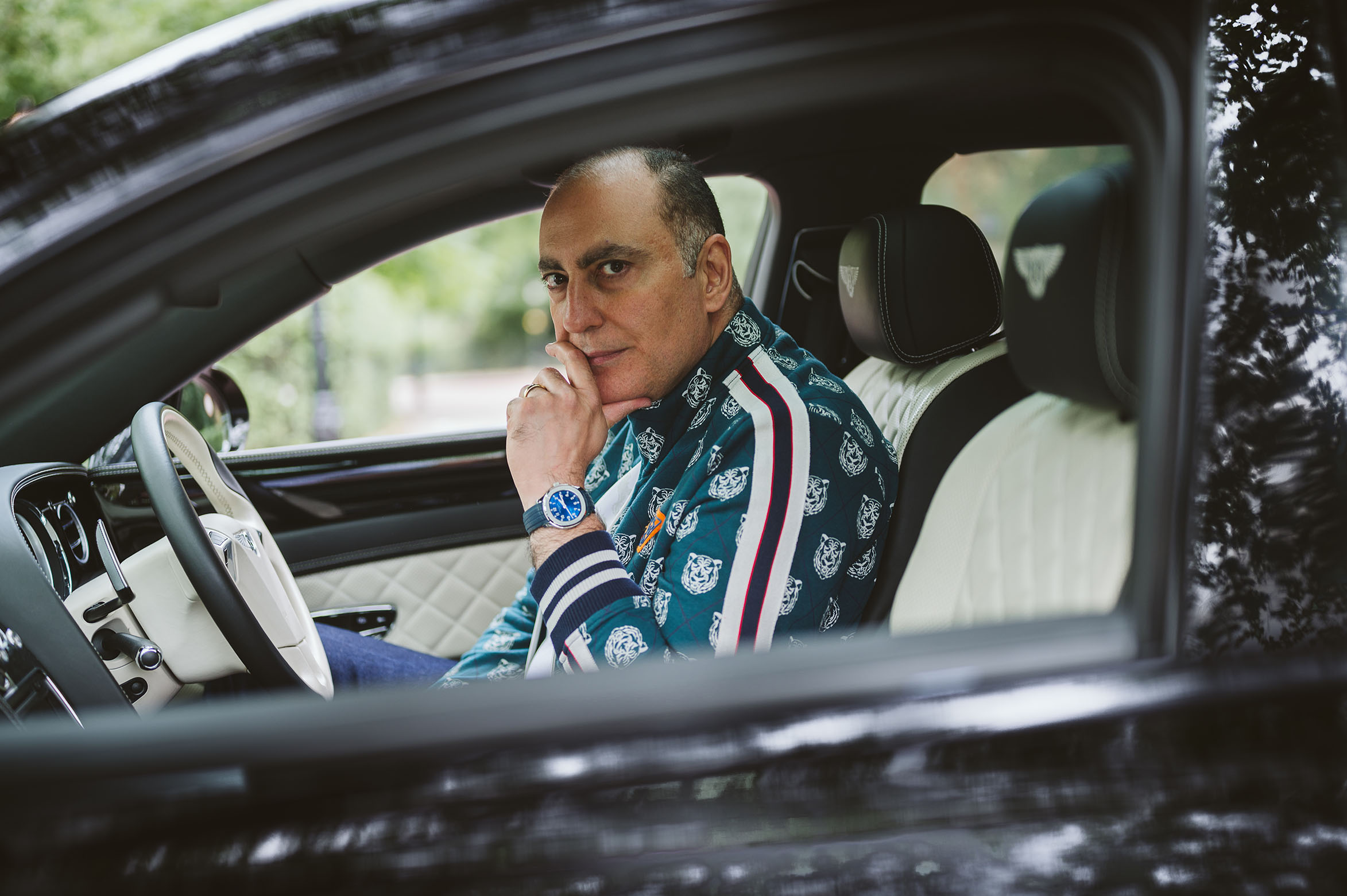
What form of marketing has worked well for your business throughout the years?
There is no “best;” it is all about context and effectiveness. Throughout history, the most effective marketing tools have always contained three distinct elements:
1.Timing
2. Word-of-mouth
3. Recommendations
Our various businesses have what I call different routes to marketing. There is no silver bullet, but we think long and hard about spend cycles and regional and cultural differences. The biggest change has been the precision of strategic versus tactical online marketing.
For example, we ask ourselves whether we actually need to “sell” to the client directly, or if it would perhaps be better to act as their advisors. Create the conversation you want the market to have.
We no longer need to spend large amounts on general marketing; we can now target and pinpoint the exact right client or prospect base to inform and have the privilege to serve. Marketing is also not about an online presence. It might surprise people to know that one of my businesses does not even have a website yet is the absolute leader in its field.
What is the toughest decision you had to make in the last few months?
We have had the distinct privilege of not having to furlough a single member of staff or put stringent work practices in place. Instead, we have fostered a feeling and community of trust. I entrust the leaders of my businesses to be servants. They are the decision-makers, but they are also (and I never let them forget this) there to serve. To serve means to accept responsibility for outcomes, and therefore the risks and dependencies of those outcomes.
The toughest decision has been a family one; business is never what affects me most. As I read to my children at night, I always remember that their future is dependent on my decisions, not mine. You cannot go wrong doing the right thing the right way.
What money mistakes have you made along the way that others can learn from (or something you’d do differently)?
Mistakes are more important, in my view than success. You learn instantly from mistakes, whereas success leaves a memory you hold onto as you try to retain the emotional attachment of misplaced hope.
Mistakes provide you with an experience, whereas success over-feeds the ego in the short-term.
Thankfully, I had two of the world’s greatest advisors who have taken my raw thinking and morphed it into phenomenally successful global businesses and ever-evolving vision: my amazing wife, Mahtab, and my late father. Their honesty and clarity blew holes in those thick brick walls in the shape of a heart!
My answers should not surprise anyone. Many years ago my greatest mistake was arrogance: I knew better than anyone; no one knew better than me.
That attitude, until I recognised and tore it from my psyche, cost me financially and resulted in lost opportunities.
Another mistake I made was to invest a little in long-term things that won’t change instead of investing more in the short-term things that will change.
However bright your name shines in lights; you must always remember that lightbulbs have a lifespan!
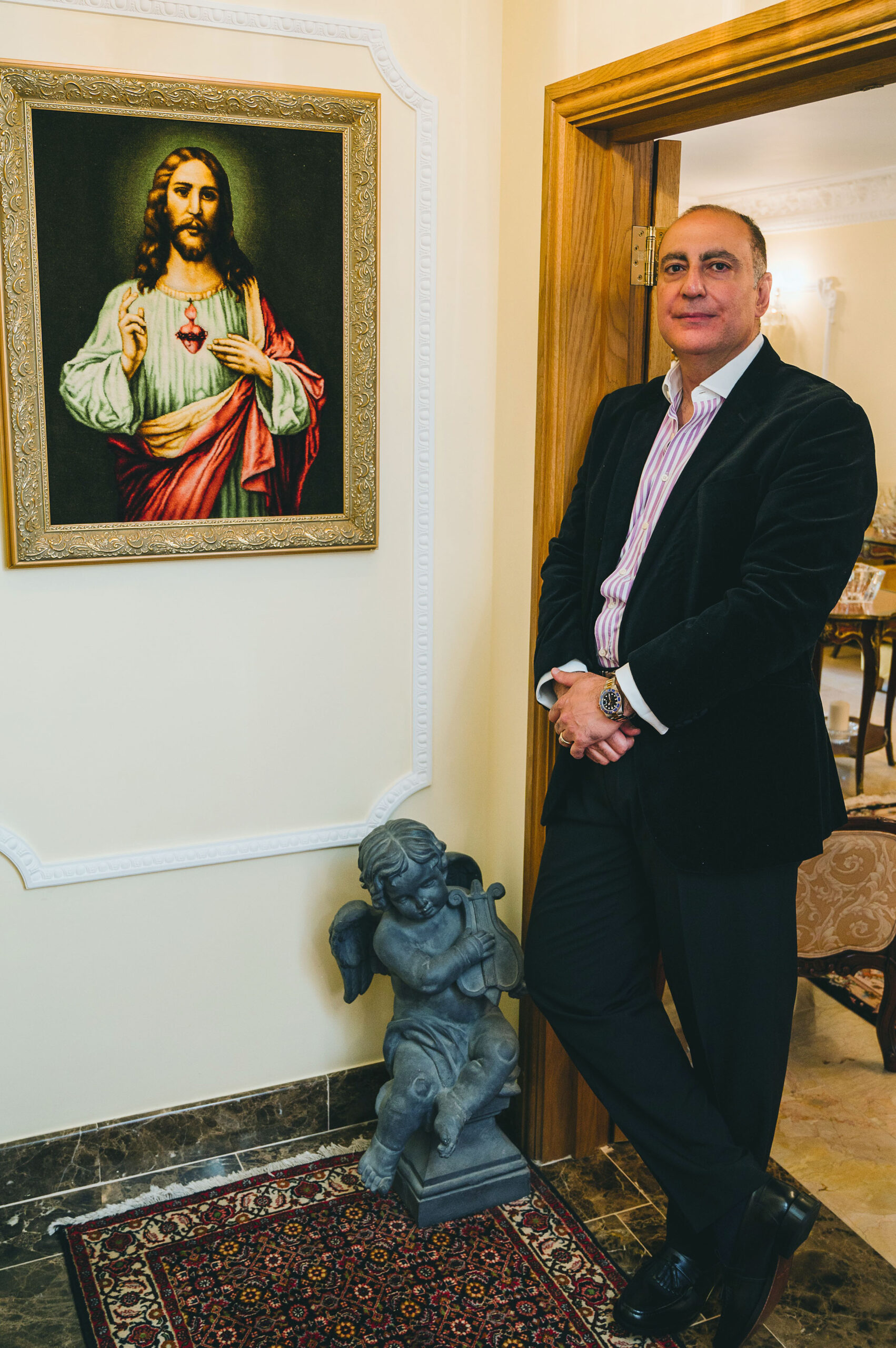
What new business would you love to start?
My passion lies in creating opportunities that were not there, to begin with. The next opportunity that would pique my business interest would be creating a tradable index and fund to benchmark countries, sectors, segments, industries, and governments’ use of plastics.
This venture would deliver an inverted investment opportunity whereby humanity itself is both the investor and the investment.
If you could go back in a time machine to the time when you were just getting started, what would you do differently?
This is a good question because we never remember the acts of kindness that got us here, but we remember the opportunities that got away!
I don’t have many regrets; every small and major decision I’ve made has spurred my personal and professional growth. I have been humbled by the blessings of life.
What is the best advice you have ever been given?
Do not dislike that which may be good for you, and do not like that which may be bad for you. This quote, for me, encompasses the essence of learning.
Fear and growth cannot exist in the same space. One has to leave in order for the other to flourish.
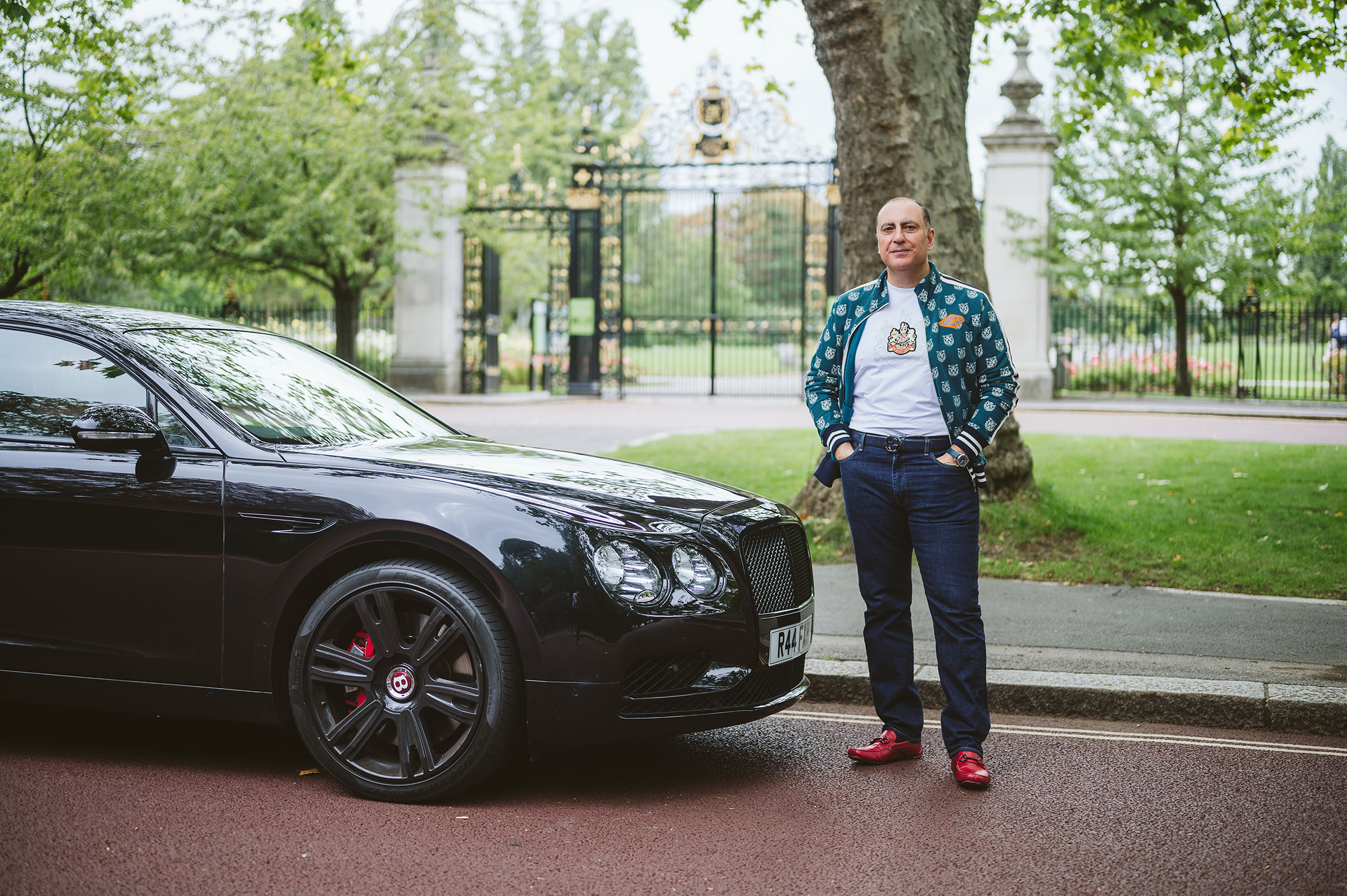
What advice would you give to a newbie Entrepreneur setting up their first business?
To a large extent, your mental habits will determine your success.
Build deep relationships with people who have accomplished the goals you want to accomplish. Protect your idea from the very start. Think about what could go wrong and how you will deal with it; plan for failure by not resorting to laziness, self-pity, or any of the mental defeatist tools that we all carry.
If you are selling innovation, be the first to market and create your own destiny. Learn from other fields and bring those insights into your own. Always be thinking about quality: implement it; deliver it. Once you reach that state of mind, you will never allow yourself to deviate from it.
One of the proudest moments of my career was when, sitting on a flight, I overheard two people mention one of my companies and described the service they received as “truly world-class.”
Research and know your market or segment as if your children’s lives depended on it. Make sure you recruit the absolute best candidates you can at every level, be it a janitor, a developer, a salesperson, or even a business partner—they will represent you in good times, and they will fight hard for you during the bad times.
Be proud of your mistakes. If we all said “no” to evolving, we would still be living in caves!
Finally, the greatest advice I can offer when it comes to business is this: it is impossible to imagine a business leader not looking after their health and families and still being successful. Your mind is where it starts; your body powers where it ends.
Part revolution, part evolution.






